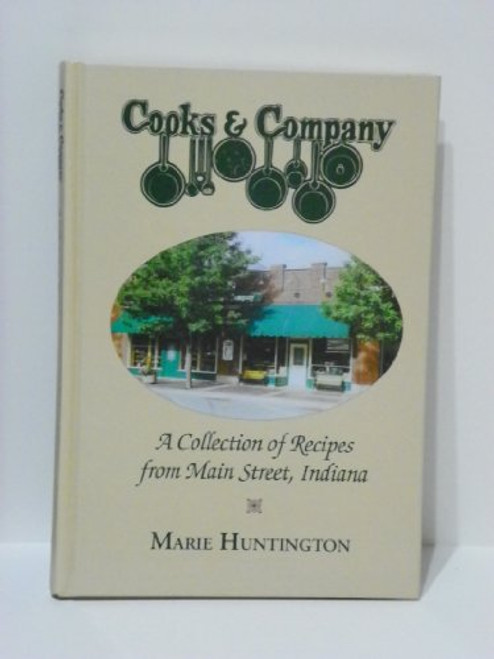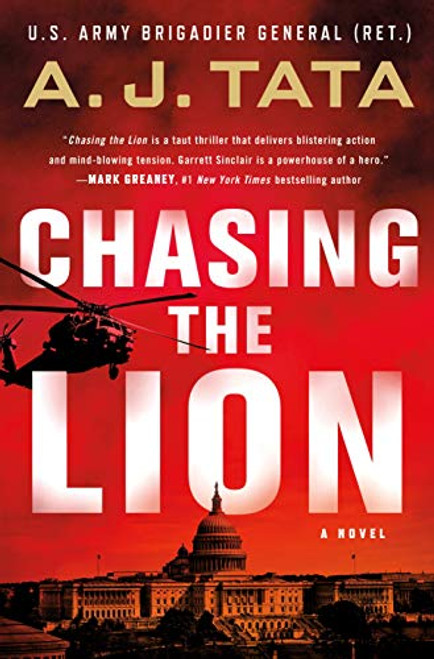The critic Edmund Wilson called Sinclair Lewis one of the national poets. In the 1920s, Lewis fired off a fusillade of sensational novels, exploding American shibboleths with a volatile mixture of caricature and photographic realism. With an unerring eye for the American scene and an omnivorous ear for American talk, he mocked such sacrosanct institutions as the small town (Main Street), business (Babbitt), medicine (Arrowsmith), and religion (Elmer Gantry). His shrewdly observed characters became part of the American gallery, and his titles became part of the language.
Despite his books innate subversiveness, they were bestsellers and widely discussedand almost as widely damned. They had small-towners worried about being called Main Streeters, preachers fearful of being branded Elmer Gantrys, and Babbitts defiant of being labeled Babbitts. Lewis touched a nerve among Americans who secretly yearned for something more from life than hustling, making money, and buying new cars.
Lewis danced along the fault line between the old, small-town, frugal, conservative, fundamentalist America and the modernist, big-business-dominated, youth-obsessed, advertising-powered consumer society that was reshaping the American character in the iconoclastic 1920s.
For all his use of humor and satire, Lewis probed serious themes: feminism (The Job, Main Street, Ann Vickers), commercial pressures on science (Arrowsmith), racial prejudice (Kingsblood Royal), and native fascism (It Cant Happen Here). In 1930, he became the first American to win the Nobel Prize for Literature, but he feared he could never live up to it. In his heart, he was a scold with a conscience, a harsh truth-teller who laughed out loud. His novels, born out of a passionate conviction that America could be better, are thus as alive today as when they were written.
Bringing to bear newly uncovered correspondence, diaries, and criticism, Richard Lingeman, distinguished biographer of Theodore Dreiser, paints a sympathetic portraitin all its multihued contradictionsof a seminal American writer who could be inwardly the loneliest of men and outwardly as gregarious as George Follansbee Babbitt himself. Lingeman writes with sympathy and understanding about Lewiss losing struggle with alcoholism; his stormy marriages, including one to the superwoman Dorothy Thompson, whose fame as a newspaper columnist in the 1930s outshone Lewiss fading star as a novelist; and his wistful, autumnal love for an actress more than thirty years younger than he.
Sinclair Lewis: Rebel from Main Street evokes with color and verve the gaudy life and times of this prairie Mercutio out of Sauk Centre, Minnesota.
Sinclair Lewis: Rebel from Main Street
Brand: Random House
$42.36 - $56.50
- UPC:
- 9780679438236
- Maximum Purchase:
- 3 units
- Binding:
- Hardcover
- Publication Date:
- 2002-01-15
- Release Date:
- 2002-01-15
- Author:
- Richard R. Lingeman
- Language:
- english
- Edition:
- 1st










